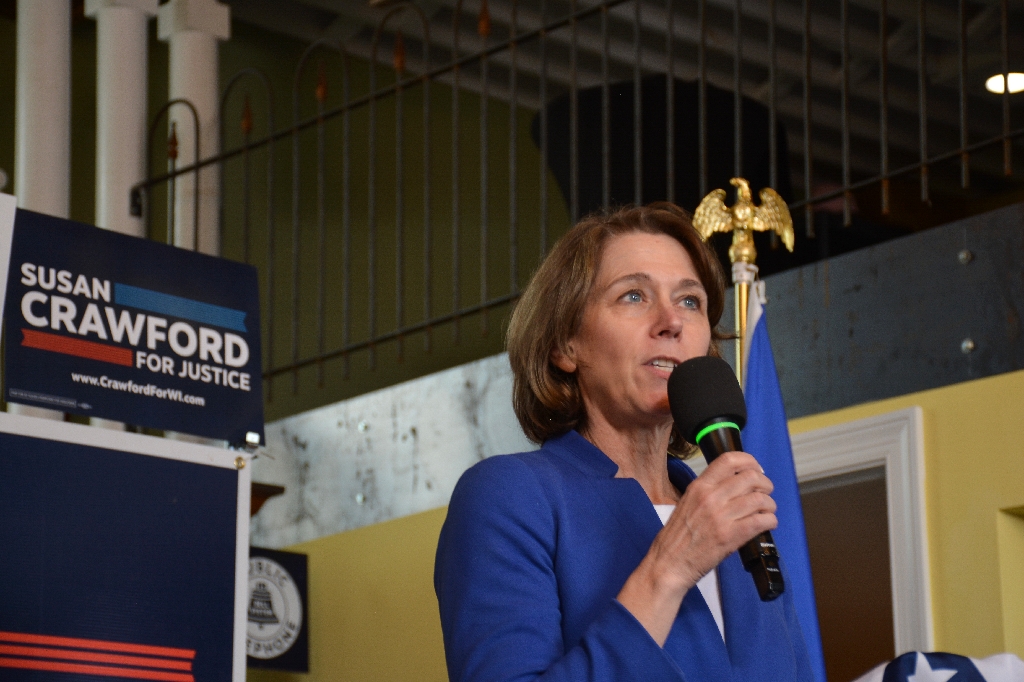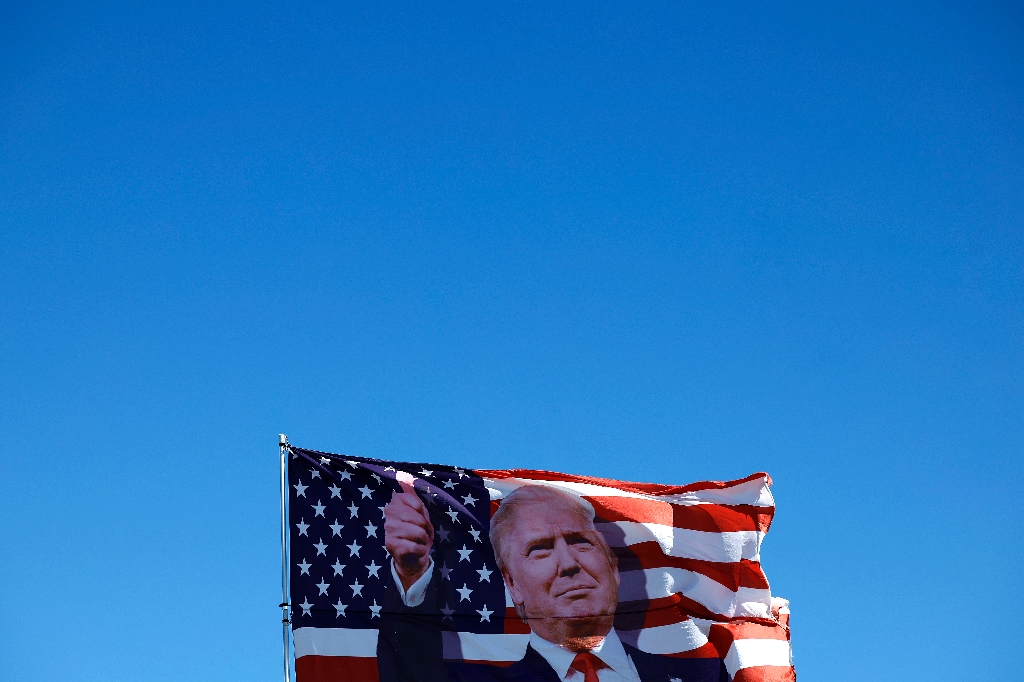The U.S. Supreme Court has ruled that former President Donald Trump can remain on the 2024 presidential ballot, overturning the Colorado Supreme Court’s decision that disqualified him under the 14th Amendment’s Disqualification Clause. This unanimous decision emphasized that only Congress has the authority to enforce this clause against federal candidates. The ruling has significant implications, underscoring the balance between state and federal powers in determining eligibility for presidential candidates.
Trump’s supporters have hailed the Supreme Court’s decision as a victory against what they see as politically motivated efforts to prevent him from running. They argue that these legal challenges are part of a broader “witch hunt” aimed at undermining his campaign. This perspective is bolstered by Trump’s consistent portrayal of himself as a victim of political persecution, a narrative that resonates deeply with his base.
The legal landscape for Trump remains complex, however. On May 30, 2024, Trump was convicted in a New York court for falsifying business records related to hush money payments made during the 2016 presidential campaign. This conviction could have serious implications for his 2024 campaign, both in terms of his legal standing and public perception. The conviction, coming just months before the election, highlights the ongoing legal battles that Trump faces and raises questions about his ability to campaign effectively while dealing with these issues.
Trump’s legal troubles are not confined to the New York case. The Supreme Court’s recent decision to review Trump’s claim of presidential immunity concerning his efforts to overturn the 2020 election results means that his federal trial for election subversion charges will be delayed. This delay could extend into the late summer or fall, potentially overlapping with the election campaign. Trump’s legal team argues that his actions were part of his official duties as president, a claim that lower courts have consistently rejected. The Supreme Court’s involvement adds another layer of uncertainty to Trump’s legal situation.
Despite these challenges, Trump remains a formidable candidate. His base remains loyal, and he continues to lead in many Republican primary polls. His supporters argue that the legal actions against him are attempts to interfere with the democratic process by preventing voters from choosing their preferred candidate. This sentiment is echoed in the fundraising messages and public statements from Trump and his campaign, which frame the legal battles as political attacks designed to derail his candidacy.
In contrast, President Joe Biden faces a different set of challenges. As the incumbent, Biden’s record is under constant scrutiny, and he must navigate the complexities of governing while campaigning for re-election. Some conspiracy theories suggest that Biden’s political enemies might attempt to indict him to prevent his candidacy, mirroring the legal challenges faced by Trump. However, these theories are baseless and lack credible evidence. Biden’s administration has focused on addressing significant issues such as the economy, healthcare, and foreign policy, positioning him as a steady and experienced leader in contrast to the tumultuous legal battles surrounding Trump.
Biden’s campaign strategy is likely to emphasize stability and continuity, drawing a clear distinction between his administration’s accomplishments and the controversies surrounding Trump. The 2024 election is shaping up to be a pivotal moment in American politics, with both candidates bringing starkly different visions for the country’s future.
Ultimately, if the majority of the American electorate wishes to see Trump compete head-to-head with Biden in the 2024 election, he should be allowed to run, provided no further serious charges are proven against him. The principle of allowing voters to choose their candidates is fundamental to the democratic process. Unless Congress legislates otherwise, it is up to the American people to decide the outcome of the election. The ongoing legal battles highlight the importance of the rule of law and the need for clarity in the eligibility of presidential candidates, ensuring that the democratic process remains robust and fair.




